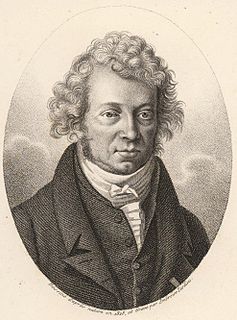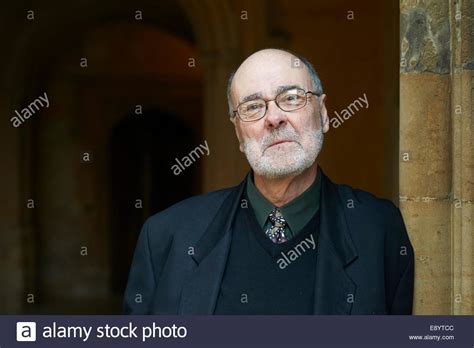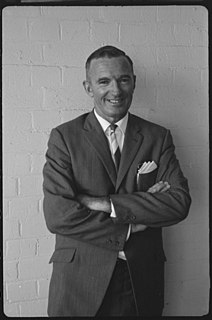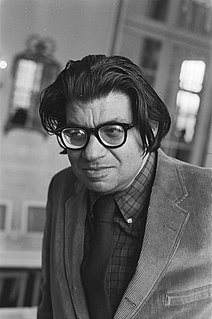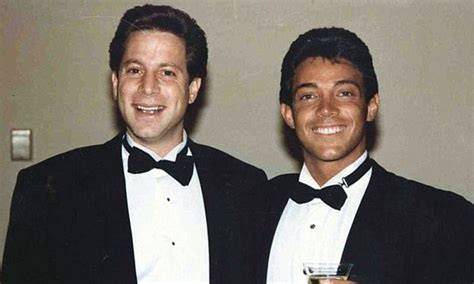A Quote by Barbara Kingsolver
Memory is a complicated thing, a relative to truth, but not its twin.
Related Quotes
Memory is a dead thing. Memory is not truth and cannot ever be, because truth is always alive, truth is life; memory is persistence of that which is no more. It is living in ghost world, but it contains us, it is our prison. In fact it is us. Memory creates the knot, the complex called the I and the ego
Kids are told there are no differences between boys and girls. They are told there is no such thing ultimately as right and wrong. Values are relative. Truth is relative. Morality is defined by individual choice. If that isn't a recipe for sexual harassment and other forms of sexual and physical abuse, I don't know what it is.
An organizer working in and for an open society is in an ideological dilemma to begin with, he does not have a fixed truth - truth to him is relative and changing; everything to him is relative and changing.... To the extent that he is free from the shackles of dogma, he can respond to the realities of the widely different situations.
The truth is impossible to comprehend even when one is willing to tell it. For the truth resides in memory and memory is clouded with repression and a desire to embellish. The recollections of any individual are conditioned by the general truths to which he or she has tried to live. To recall an event is to interpret it, so the truth is altered by the very act of remembering. Therefore the truth, like God, does not exist - only the search for it.
I must say a few words about memory. It is full of holes. If you were to lay it out upon a table, it would resemble a scrap of lace. I am a lover of history . . . [but] history has one flaw. It is a subjective art, no less so than poetry or music. . . . The historian writes a truth. The memoirist writes a truth. The novelist writes a truth. And so on. My mother, we both know, wrote a truth in The 19th Wife– a truth that corresponded to her memory and desires. It is not the truth, certainly not. But a truth, yes . . . Her book is a fact. It remains so, even if it is snowflaked with holes.


